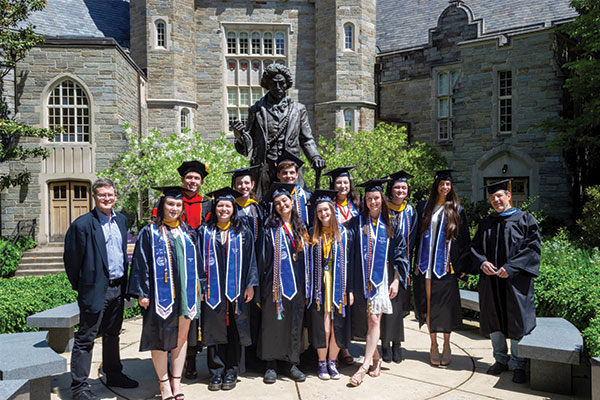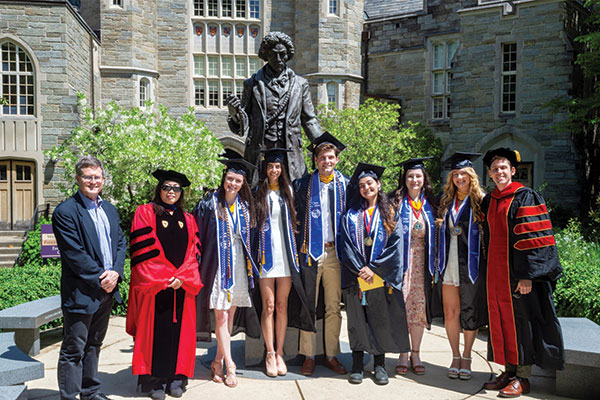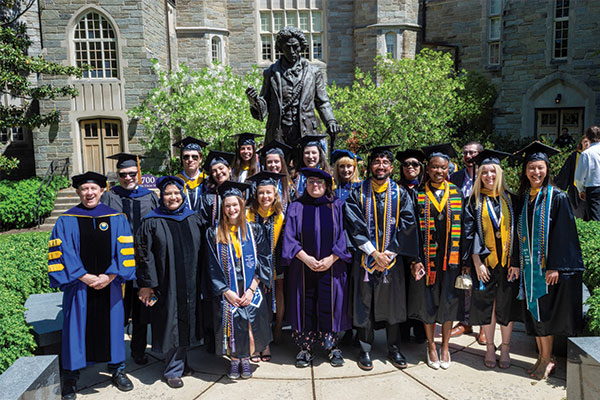Student Achievements
BS FTC Fall 2022- Spring 2025 Enrollment and graduation data
The enrollment numbers for the last 3 years in the BS FTC program are: Spring 2023-73, Spring 2024 – 73, Spring 2025 - 70. The program graduated 24 students between Fall 2022 and Spring 2025 semesters. Ten students graduated in 2023, 8 in 2024, and 6 in 2025.
BS FTC Fall 2020- Spring 2025 Post-Graduation Career Paths
The chart shows our 2020 Spring to 2025 Spring graduates' post-graduation career paths within their first year of graduation. Of the 41 students who graduated in this time frame, 49% of graduates were employed as scientists in entry-level positions at analytical chemistry or pharmaceutical chemistry labs. 27% of students secured positions as forensic analysts either in a crime lab or a toxicology lab. 10% of the students chose graduate school immediately after graduation. This data is consistent with our experience of student success.
BS FTC: Fall 2013-Fall 2023 Alumni Survey
92% of our graduates secured entry-level scientist positions within 6 months of graduation with a majority of them (69%) starting employment within 3 months of graduation. (n= 22)

85% of alumni respondents felt that the education and training they received at WCU was adequate for their first laboratory position. (n= 22)
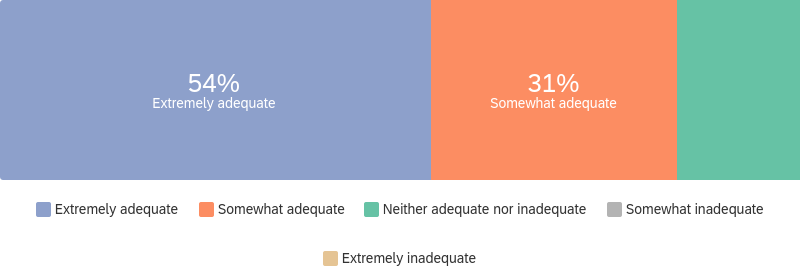
92% of our graduates remained in their first position for 1-3 years before advancing to other positions or changing employers. Less than 10% of graduates changed employment within the first year after graduation. (n= 22)

Student Award Winners 2024
Chemistry Student Awards
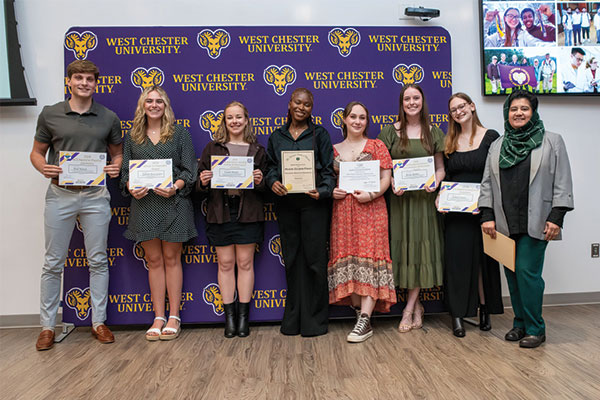
Pharmaceutical Product Development Student Awards
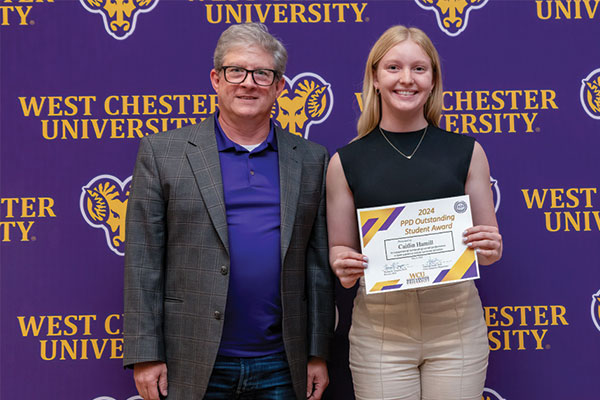
ACS Scholastic Achievement Award
Kacey Durkin, Sophia Ciliberto
AIC Chemistry Award
Bryce Volker
AIC Biochemistry Award
Ola Olaniyi
ACS Organic Chemistry Award
Sophia Ciliberti
ACS Analytical Chemistry Award
Audrey Carson
ACS Physical Chemistry Award
Peter Nelson
Fenton- Reid Award
Lauren Wicker
Chemistry Minor Award
Isabella M. Lavia
F&TC Students: Capstone Chemistry Seminar Presentation Topics (2021-2025)
- Development of Separation Method of Tricyclic Antidepressants and Antipsychotics Using LC- MS/MS
- Medetomidine as an Emerging Adulterant: Investigating its Role in the Fentanyl-Contaminated Drug Supply
- LC/QQQ Quantitative Analysis of Delta-9THC in Blood Utilizing Solid Phase Extraction
- Tianeptine, New Drug with Dangerously High Potential for Abuse
- Gas Chromatography-Vacuum Ultraviolet Spectroscopy (GC-VUV) Analysis of Nitazene
- Tianeptine, an Antidepressant with Opioid Agonist Effects
- New Biomarker for Monitoring Alcohol Abstinence: Phosphatidylethanol
- Toxicity of Vaping Vitamin E Acetate and Tetrahydrocannabinol Oil
- Development and Validation of a HS-GC-FID Method for Blood-Alcohol Analysis
- Identification of new designer benzodiazepines in illicit drug market: Bromazolam
- Biomarkers of Air Pollution in Post-Mortem Cellular Observation
- Analytical Characterization of Novel Benzodiazepines
- Detection of drugs of abuse through Wastewater Analysis
- N-Desethyl Isotonitazene: A Newly Identified Novel Psychoactive Substance in the United States
- The Identification of Synthetic Cannabinoids in Trafficking
- The Production of Purine-Free Beer
- Study and synthesis of diarylnornornadiene and the progress towards a viable solar energy storage
- The Emergence & Analytical Challenges of Designer Benzodiazepines
- Fentanyl Analogs: Synthesis, Metabolism, and the Rising Threat to Society
- Emerging Methods for the Analysis of Phenethylamines
- The Toxicology of Kratom
- Transdermal Fentanyl: Uses in Modern Medicine
- The Structure-Activity Relationship of the Psychedelic Drug LSD
- The chemistry of new synthetic cannabinoids: AD-18, 5F-MDA-19 and pentyl MDA-19
- Application of Thermal Desorption Sample Introduction for Trace Analysis of Volatiles and Semi-volatiles
- Development and Validation of a GC-QQQ Method for Smokeless Powder Additives
- The chemistry of commercially available drug tests: cannabis
- Identification of Volatile components in the Headspace of Pharmaceutical-grade Fentanyl
- HPLC-PDA method for the determination of cannabinoids profile in cannabis hemp edibles
- Synthesis of a PROTAC for the degradation of LRRK2
